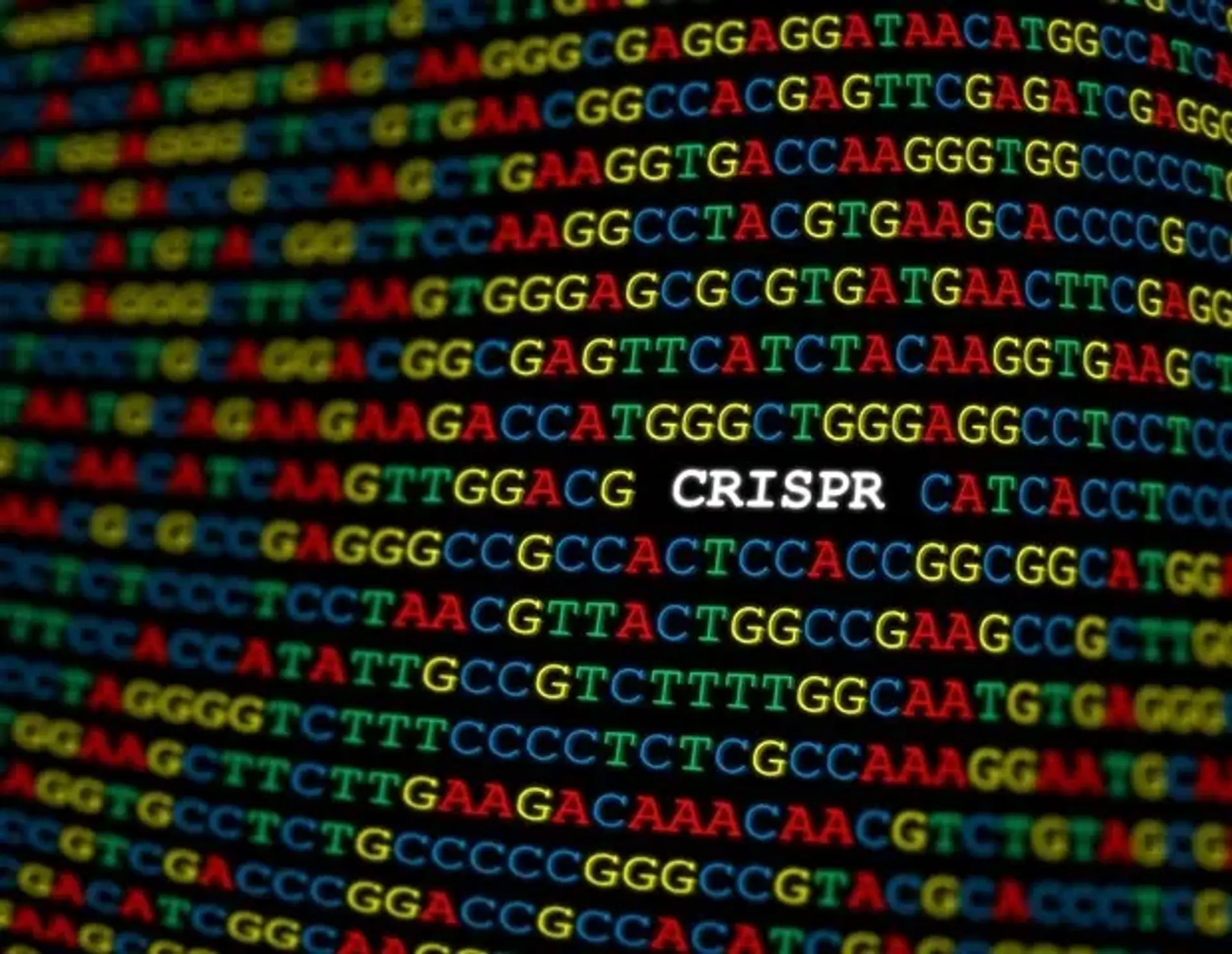Researchers at the University of Zurich have created a novel DNA editing technique that merges advanced genetic engineering with the capabilities of artificial intelligence. This innovative approach significantly improves the precision of genome editing, potentially reducing off-target effects and enhancing the efficiency of gene therapies.
The new method leverages AI algorithms to optimise the selection of target sites and predict the outcomes of gene editing interventions. By analysing vast genomic datasets, the AI system identifies the most specific and effective locations for CRISPR-Cas9 and other gene editing tools to bind. This leads to more accurate and reliable gene modifications.
The enhanced precision offered by this AI-driven genome editing method could accelerate the development of new treatments for genetic diseases. It also holds promise for advancing personalised medicine, where therapies are tailored to an individual's unique genetic makeup. The technology may also find applications in synthetic biology and agricultural biotechnology, enabling the creation of crops with improved traits.




